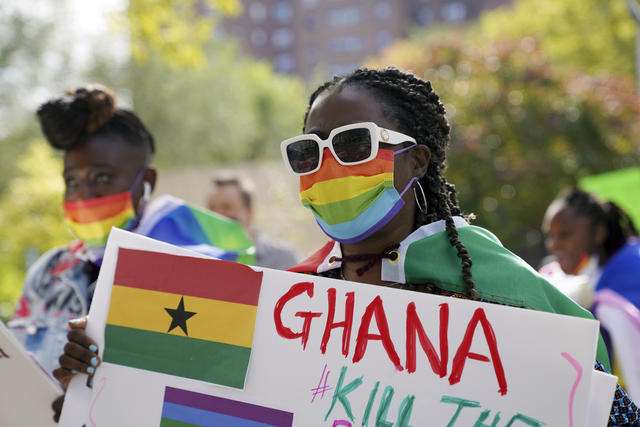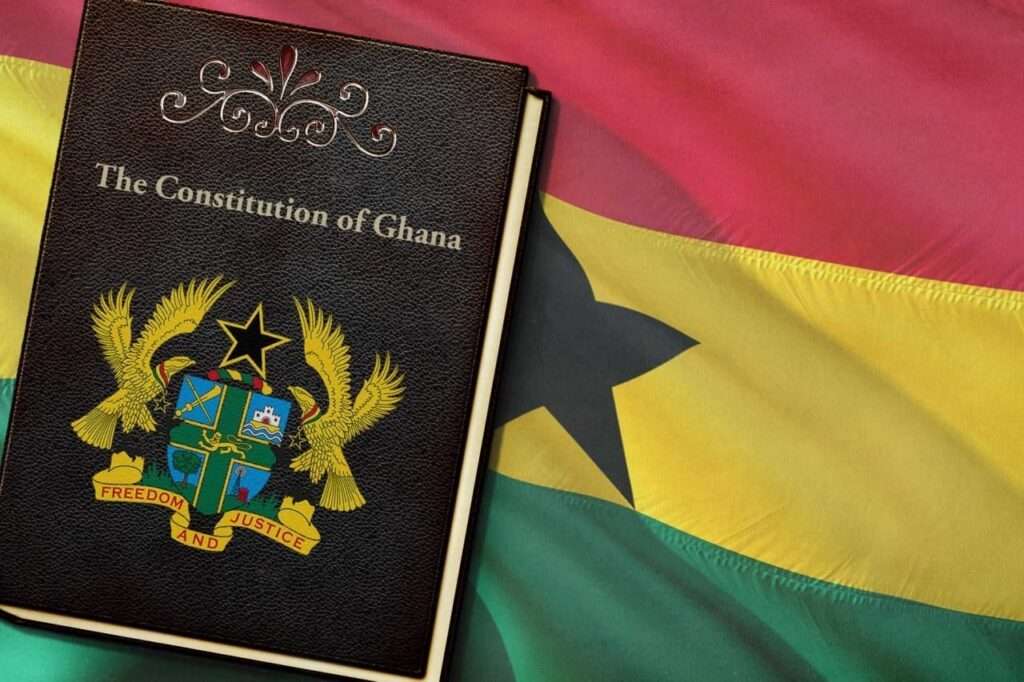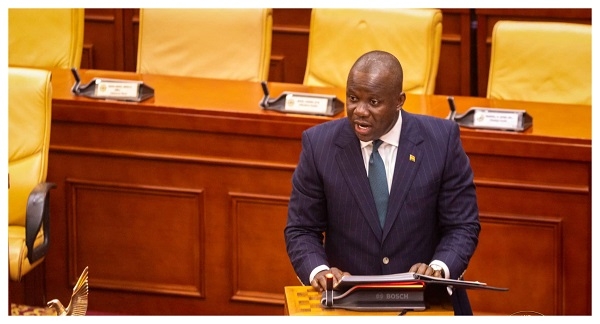The controversy surrounding Ghana’s recent decision to abstain from a United Nations (UN) vote on LGBTQ issues continues to escalate, with the Minority Caucus on the Foreign Affairs Committee of Parliament issuing a strong statement condemning what they describe as the government’s inconsistent and misleading approach to LGBTQ policy at the international level.
According to the Minority, the Foreign Affairs Ministry’s explanation for Ghana’s abstention during the 59th session of the UN Human Rights Council (HRC59) in Geneva is not only inaccurate but also contradicts the country’s long-standing values and constitutional principles.
They argued that the public deserves clarity, not spin, on such a sensitive issue as LGBTQ rights and Ghana’s global posture.
“The Minority Caucus on the Foreign Affairs Committee of Parliament has taken note of Ghana’s decision to abstain from a vote involving the LGBTQ community at the fifty-ninth session of the Hunman Rights Council (HRC59) held at the United Nations (UN) Office in Geneva, Switzerland, and the Press Statement issued by the Ministry of Foreign Affairs on the matter.”
Minority Caucus on the Foreign Affairs Committee of Parliament
The vote in question was to determine whether to renew the mandate of the Independent Expert on protection against violence and discrimination based on Sexual Orientation and Gender Identity (IE SOGI), a role created in June 2016 by Resolution 32/2 of the UN Human Rights Council.
This expert is tasked with raising awareness, advocating for protections, and addressing systemic discrimination against people on the basis of their sexual orientation and gender identity.
According to the Minority’s statement, signed by Hon. Samuel Jinapor, Ghana’s abstention sends the wrong message internationally.

The role of the IE SOGI, they noted, inherently includes the promotion of what the international community regards as LGBTQ rights—including the legal recognition of same-sex marriages and gender identity changes on official documents.
The Caucus also cited the Independent Expert’s July 2018 report to the 73rd UN General Assembly, highlighting his position that the traditional understanding of human beings being born strictly male or female should be re-examined to ensure universal human rights.
The report urged states to adopt legal frameworks that guarantee marriage equality for transgender individuals and to implement systems that allow trans persons to change their names and gender markers on official identification documents.
Abstention Backs Foreign Ideologies
In light of these positions, the Minority argued that Ghana’s abstention is not a neutral act, but a veiled support for ideologies that directly contradict Ghanaian norms and values.
They reminded the public that in 2016, almost all African countries on the Human Rights Council, including Algeria, Nigeria, Togo, Ethiopia, Morocco, and Kenya, voted against the establishment of the IE SOGI role.
Ghana, under President John Dramani Mahama, in his first term, chose to abstain even then—a decision they now view as an unfortunate precedent.
The mandate of the IE SOGI was renewed twice after its original three-year term—once in 2019 under Resolution 41/18, and again in 2022 under Resolution 50/10.

However, Ghana was not a member of the Council during these periods and thus did not participate in those votes.
With Ghana rejoining the Council in January 2024, the 59th session marked a renewed opportunity to assert the country’s stance. Yet again, the government chose to abstain.
The Minority Caucus took particular issue with the Foreign Affairs Ministry’s public claim that “the question before the Council was whether persons who identify as LGBTQI should be protected against violence and discrimination or not.”
They dismissed this as misinformation, stating that “the question before the Council was whether to extend the mandate of the IE SOGI, which had ended, for him to continue performing the functions above, which invariably includes the promotion of LGBTQ.”
They argued that the international interpretation of discrimination includes opposition to laws like Ghana’s Promotion of Proper Human Sexual Rights and Ghanaian Family Values Bill. It is such laws that the IE SOGI aims to challenge globally.
The Minority referred to the Independent Expert’s most recent report presented on 17th April 2025, in which he urged that “States should end the practices of de jure and de facto criminalisation” of LGBTQ.
Minority Calls Out Double Standards On LGBTQ Publicly
The Minority further emphasized that the stance taken by several countries voting against the mandate should not be interpreted as support for violence or discrimination against the LGBTQ community, but rather as opposition to LGBTQ advocacy itself.
They also took issue with the government’s explanation for its abstention, challenging the claim that it was based on constitutional principles.

“It cannot, also, be correct that Ghana abstained from the vote because of Chapter Five of the Constitution. Nothing in Article 17 of the Constitution cited by the Ministry supports individual choice of sexual orientation or gender identity.
“Article 12 of the Constitution is clear that the fundamental human rights enshrined in the Constitution are subject to … the public interest.”
Minority Caucus on the Foreign Affairs Committee of Parliament
The statement also conveyed frustration over what it described as a contradiction between the government’s professed commitment to Ghanaian values and its actions.
It criticized the government for not presenting the Anti-Gay Bill to Parliament for passage, as well as for consistently abstaining from international votes on LGBTQ matters.
The Minority argued that such inaction reflects a pattern of inconsistency on LGBTQ issues and the defense of Ghanaian family values.
They further pointed out that existing criminal laws already prohibit certain LGBTQ-related behaviors that contradict the country’s cultural norms, yet the government has missed key opportunities on two occasions to represent those values on the global stage.
Accordingly, the Minority Caucus emphasized its firm commitment to preserving the nation’s integrity and safeguarding Ghana’s cultural norms and values, both domestically and internationally.
While clearly opposing any form of violence against individuals, including those who identify as LGBTQ, they called on the public to “join us on this noble cause for people and country.”
READ ALSO: Annie Macaulay Shares Early Career Truths



















